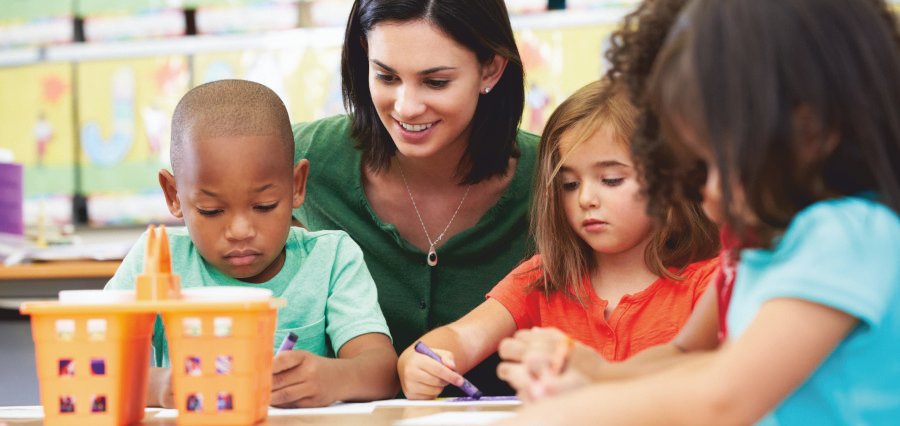Prime Highlights:
- New research shows that the UK’s ‘two-child limit’ policy has not affected children’s school readiness at age 5.
- Even children in the poorest areas or from families receiving free school meals showed no negative impact on early development.
Key Facts:
- Around 60% of familieswith a third or later child under five had their benefits reduced due to the two-child limit.
- Families eligible for means-tested benefits for the first five years of a child’s life could see their entitlements drop by around £18,300 per child.
Key Background:
New research by the Institute for Fiscal Studies (IFS), funded by Nesta, shows that the UK’s ‘two-child limit’ policy has not affected children’s readiness for school at age 5. The study looks at how the policy, introduced in April 2017, has influenced early childhood development in England.
The two-child limit means that families on Universal Credit, or previously on Child Tax Credit, do not get extra financial support for their third or later children. This reduces household incomes for larger families and increases child poverty, a concern frequently cited by the government as having potential long-term effects on children’s life chances.
The IFS research analyzed outcomes for children born just before and after the policy came into effect, focusing on those attending reception in state schools across England. The study looked at school readiness by checking how many children reached a good level of development by age 5, which is part of the government’s Opportunity Mission target.
Even though the two-child limit reduced benefits for about 60% of families with a third or later child under five, the research found no negative effects on children’s school readiness. This was also the case for children in the poorest areas or from families getting free school meals. The study did not look at other factors, like health, well-being, or how children do later in school, so there may still be other effects.
The study also showed the financial impact of the two-child limit on families. Families eligible for means-tested benefits throughout the first five years of a child’s life could see their entitlements drop by around £18,300 per child. Previous IFS research indicates that reversing the policy could lift approximately 500,000 children out of absolute poverty for £3 billion annually.
Tom Waters, Associate Director at IFS and a report author, said: “Reversing the two-child limit would be an effective way to reduce child poverty, but our research shows it has not harmed children’s early development. This suggests that scrapping the policy might not improve school readiness specifically, even though it could help tackle poverty.”
The findings offer a nuanced view for policymakers, indicating that while reversing the two-child limit may support families financially, it is unlikely to deliver significant gains in early educational outcomes.





